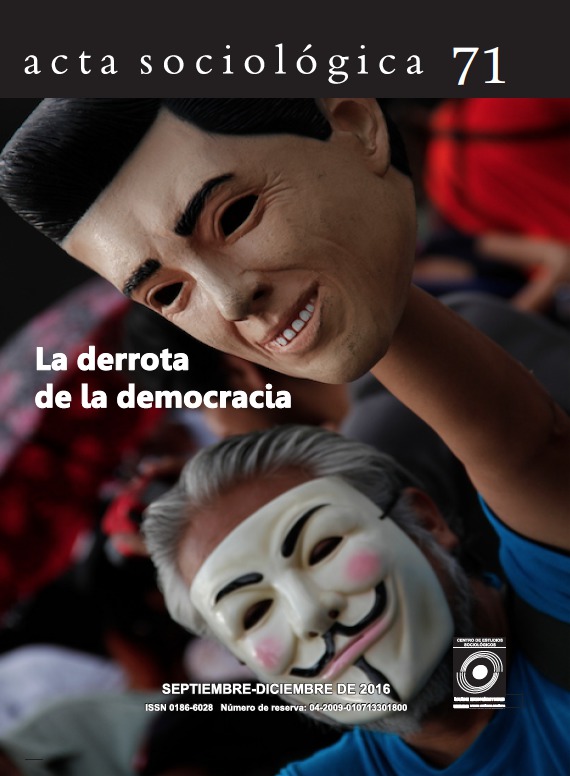The technification of democracy: ambivalence of the science and politics
Main Article Content
Abstract
This article is a reflection on the technification of democracy and the politization of science. Many scholars have made a distinction between science and politics. I consider that there is ambivalence between these two concepts. First, I will explain that the modern discourse of this ambivalence is found in Heraclitus’s decision and Giordano Bruno’s interpretation of the myth of Actaeon. Then, I will criticize Max Weber’ second imperative of impartiality and his idea of objectivity. Finally, I will explain the ambivalence between science and politics of five historical and thematic moments from the historical and sociological viewpoints: 1) methodological doubt as political tolerance; 2) scientific asceticism as melancholy and apathy; 3) the professionalization of the University as meritocracy; 4) scientific meritocracy as a modern democratic model; and 5) scientific facts as technocracy.
